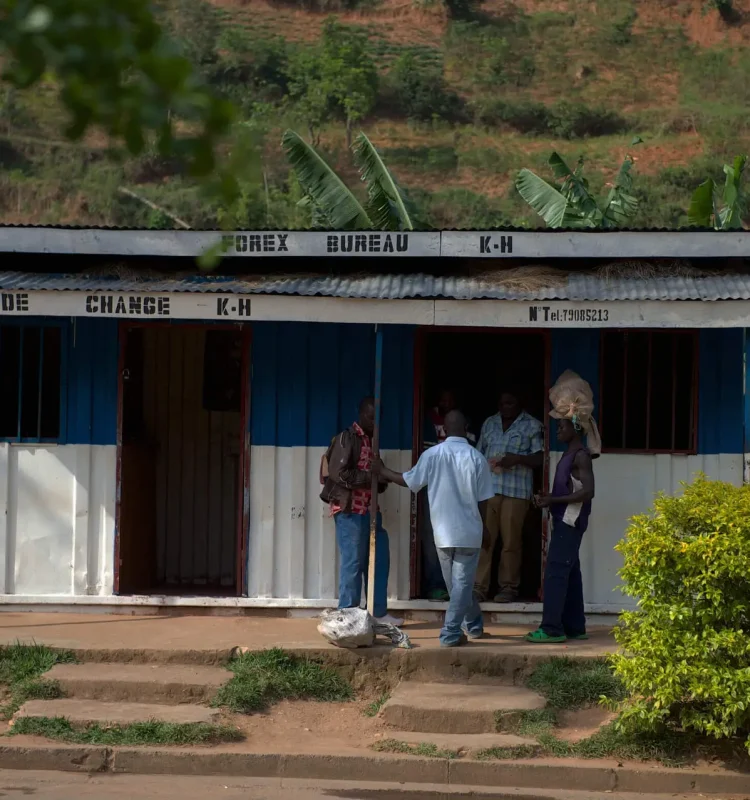Project Brief
Integrated Export and Import Certification System (IEICS) – e-Phyto Project

Implementation Partners
TMA, Ethiopian Agricultural Authority, National Plant Protection Organisation, Ethiopia Horticulture Producers and Exporters Association

Implementation Period
2024 – 2026

Project Participants
Exporters, producers, freight handlers, and electronic single window (eSW) customs agents engaged in agricultural trade.

Funding Partners
European Union through Agence Française de Développement (AFD)

Project Rationale
Ethiopia’s reliance on manual certification slows export clearance and pushes up trade processing costs. Moving to an electronic phytosanitary certification (e-Phyto) system offers a practical solution. By digitising the issuance and exchange of phytosanitary certificates, clearance times will fall from two or three days to a few hours. The system will also remove costs linked to misplaced documents, forgery, corruption, and the need for in-person visits to the issuing authority.
The intervention supports Ethiopia’s trade facilitation objectives and deepens regional integration under the Horn of Africa Initiative. It is in line with international standards, notably the International Plant Protection Convention (IPPC), and reinforces Ethiopia’s commitment to the Sustainable Development Goals – specifically SDG 9 (industry, innovation, and infrastructure) and SDG 12 (responsible consumption and production).
Progress
System development has been completed and fully tested, with successful integration to the International Plant Protection Convention (IPPC) Hub. A payment gateway has been established and linked to Telebirr, while work is under way to connect the platform to the national electronic single window. The system is on track for public launch later in 2025.
Implementation Strategy
The e-Phyto system will be rolled out under the Djibouti–Ethiopia Corridor Programme’s focus on digital trade, cross-border systems integration, and lower transaction costs. Two implementation options are under review: adoption of the National System (NS) rather than the Generic National System (GeNS) platform or developing a standalone Ethiopian system. Whichever is chosen will be interoperable with the international e-Phyto Hub, the electronic single window (eSW) and other national trade systems. A sustainability and maintenance plan will be established. Technical staff at the Ethiopian Agricultural Authority and the National Plant Protection Organisation will receive targeted training to ensure adoption, operational continuity and compliance. By eliminating paper-based processes, the solution will also contribute to Ethiopia’s climate and environmental objectives.

